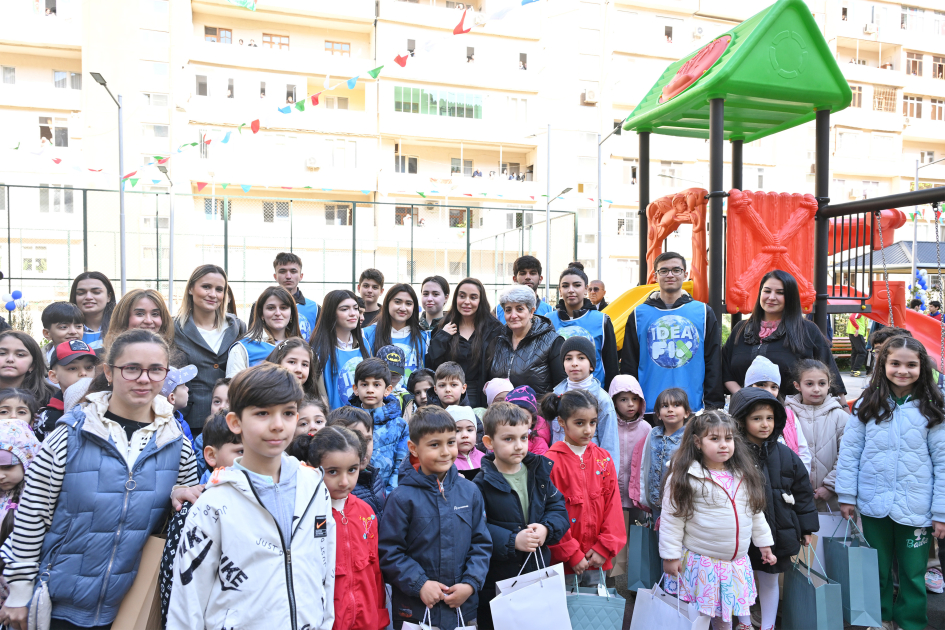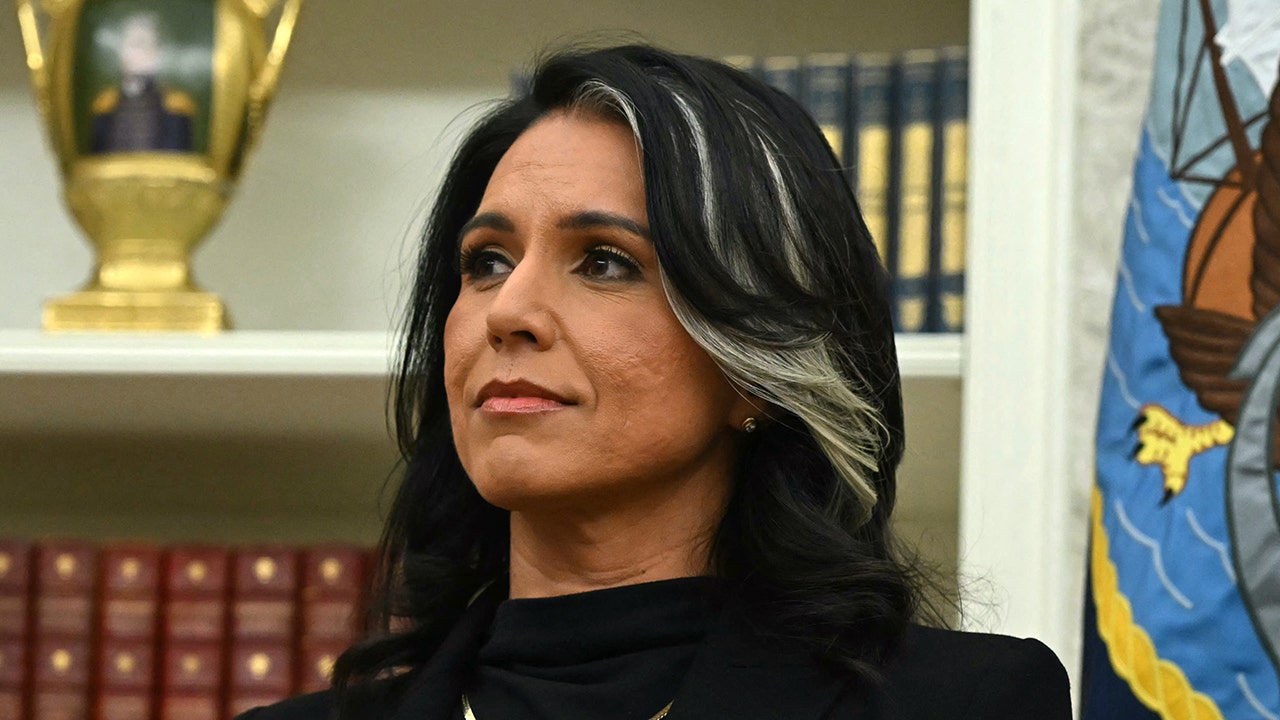Questions are mounting on how a Tunisian ordered to leave Belgium after having his asylum request rejected was able to stay, before killing two Swedes in the streets of Brussels earlier this week.
“When two people die, the only thing you can say is that things have gone wrong,” Belgium’s prime minister Alexander de Croo admitted to reporters on Wednesday (18 October).
And he said questions needed to be answered in order to impose policy changes, in light of a slew of security failures from the 2016 terror attacks in Brussels.
Among them is why the dead suspect, Abdessalem Lassoued, had not been registered despite Belgium’s asylum office having had his details, said de Croo. Lassoued was shot dead by police officers the morning after the attack.
“The investigation is going on how it is possible that that information was not digested,” he said, noting Belgian security services were unable to monitor him.
Lassoued had been ordered to leave Belgium in 2021 amid suspicions he had been guilty in Tunisia for other criminal acts, according to Belgian media.
But Bernard Clerfayt, a mayor in Schaerbeek, a neighbourhood in Brussels where Lassoued resided, says federal authorities had not shared his details with them.
He says Belgium’s asylum office had listed Lassoued’s address in Schaerbeek without informing local authorities. “Information about the person’s potential danger exists, but is not passed on to the commune either,” he said.
The 45-year old Lassoued is said to have first landed on the Italian island of Lampedusa in 2011, then travelled to Sweden before returning to Italy in 2016 where had been flagged by Italian authorities as an extremist.
Jail time in Sweden
“This suspected person had been imprisoned in Sweden,” said Ulf Kristersson, Sweden’s prime minister.
Speaking alongside De Croo, Kristersson said such information could had been transferred to Belgian authorities.
Both prime ministers are now also demanding for a better and more coordinated return policy of rejected asylum seekers.
But getting foreign states to agree to take back their nationals has for years proven difficult.
A 2013 policy, updated in 2017, to suspend visa-free travel to nationalities from countries that don’t take back their rejected asylum seekers has largely failed to deliver results.
The EU currently has visa-free regime with 60 non-EU countries.
But so far, the council representing member states, has only suspended visa free travel under the mechanism for Vanuatu, a South Pacific island nation.
And on Wednesday, the commission announced plans to expand reasons to restrict visa-free travel.
In figures, EU states last year issued some 340,000 return decisions. Only around 21-percent of people not eligible to stay or not in need of international protection were in fact returned.
European Commission president, Ursula Von der Leyen, said those return decisions are now being mutually-recognised across EU states.
“If a person is considered to be a national security threat, member states must have the power to force the person to leave,” she said.
And she wants the EU to cut further deals with countries in order for them to take back their nationals.
It is an approach that has come under fire, following a controversial agreement with Tunisia’s autocratic president over the summer.
Von der Leyen sent her top envoy, commisison vice-president Margaritis Schinas, to the Ivory Coast, Senegal, Guinea Conakry, Mauritania and Gambia.
“There will be no migration and asylum policy in the European Union without a meaningful returns culture,” Schinas said, also on Wednesday.
A return directive proposal by the commission is still pending a common position within the European Parliament, as part of a wider overhaul of asylum and migration reforms.
Ylva Johansson, the EU home affairs commissioner, says this includes the obligation by EU states to return a person if they have been flagged as a security risk.




















Discussion about this post